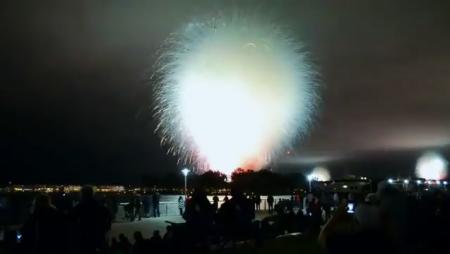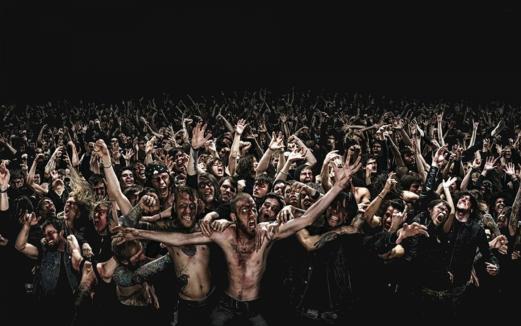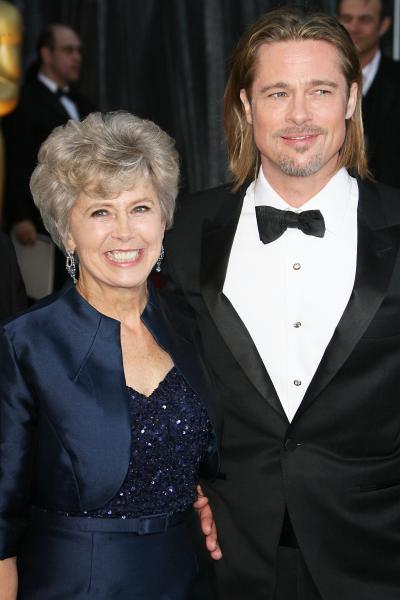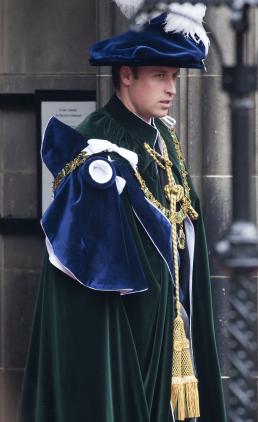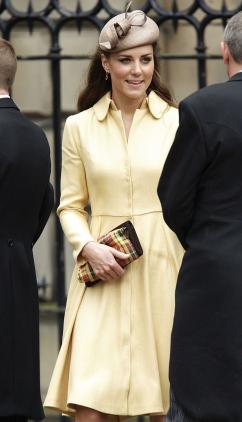 THE challenge in running cost-benefit analysis on
publicly funded major events surfaced again this week with the
announcement in Melbourne that the basic building block of matter, the
Higgs boson particle, had been found after almost 50 years of searching.
THE challenge in running cost-benefit analysis on
publicly funded major events surfaced again this week with the
announcement in Melbourne that the basic building block of matter, the
Higgs boson particle, had been found after almost 50 years of searching.
Australia boxes above its natural weight in the world of
physics, but it was only a small part of a massive multinational effort
to find the Higgs boson using the $US10 billion Large Hadron Collider, a
27-kilometre-long particle accelerator that lies beneath the
French-Swiss border near Geneva.
There are about 10,000 particle physicists in the world,
and about 30 Australians worked on one of two experiments aimed at
finding the particle that were run by CERN, the European Organisation
for Nuclear Research.
The lead local was Professor Geoff Taylor, a University
of Melbourne physicist who runs the Australian Research Council Centre
for Excellence for Particle Physics at the Tera-scale (a Tera is a
million million units, and in this case it signifies that the scientists
are looking at very small particles indeed).
He and a small government-private sector-funded vehicle,
the Melbourne Convention and Visitors Bureau (MCVB), joined forces to
mount an Olympics-style campaign that resulted in Melbourne and
Australia being linked to one of most important scientific announcements
in history.
The MCVB is tiny. It generated revenue of $11.5 million
in the 2010-2011 financial year, including $7.3 million of annual state
government funding that survived this year's Victorian budget cuts and
is secure until 2014. The City of Melbourne contributes another $1
million year in a funding deal that will be renegotiated next year, and
the rest comes mainly from subscription fees from over 250 companies
that resource conference projects, and profit from them.
The business convention market is the highest yielding
segment of the tourism industry: MCVB's latest estimate is that
convention delegates spend $757 a day.
MCVB is too small, however, to take on commercial risk on
the conventions it helps attract to the city, 210 of them in 2011-2012.
Instead, it identifies convention opportunities, scopes them, and
joint-ventures projects with convention hosts. The hosts take the
commercial risk, and MCVB and its member organisations provide expertise
in bidding for events, and designing and running them.
MCVB approached Geoff Taylor in 2005 and successfully
proposed a bid to host the 34th International Conference on High Energy
Physics that would see the University of Melbourne take on the
commercial risk.
The conference is held every two years by the
International Union of Pure and Applied Physics and is an event that has
to be won, in a competitive tender that lays out the scientific and
commercial cases for the proposed host city.
Taylor's group and the MCVB pitched for the 2006
conference as a learning exercise. It was awarded to Moscow. They
launched a serious bid for the 2008 conference but lost to Philadelphia,
and lost the 2010 conference narrowly to Paris.
High-end research is an industry like any other. Funding
is a function of progress, and the pressure on CERN was intense by 2010
given that the Large Hadron Collider had been operating for two years.
Speculation that the Higgs boson would be unveiled in Paris was rife -
but no announcement was made, and after going so close in the 2010
contest, Melbourne was in the box seat. It was confirmed as the 2012
host last year.
There is obviously some luck in the timing of Melbourne's
capture of this conference, which began this week with co-ordinated
announcements in Melbourne and Geneva that the Higgs boson had been
identified.
The conference is also not going to shift Australia's
economic dial. Financially it may only break even, because the strong
Australian dollar and the European recession held numbers to about 800,
that is 200 less than initially expected. MCVB is organising other
conferences that are 10 times larger.
But there's an intangible dividend from this latest
iteration of a public-private project. It's history now that Melbourne
was where the Higgs boson discovery was revealed, and reported in
thousands of stories around the world. That's publicity you can't buy,
and there could be longer term dividends in research, say, post-graduate
enrolments or perhaps eventually in commercially applied science. There
should be more intelligently designed and skilfully executed projects
like these.
GINA Rinehart's sale of 86.5 million shares in Fairfax
yesterday cuts her stake from almost 19 per cent to just under 15 per
cent, but it is only a tactical retreat. She still wants board seats,
and the buyer, Perpetual, appears to think that fresh faces are needed.
Her company, Hancock Prospecting, said last night that it
did not intend to ''make an offer'' for Fairfax. But it also renewed
its request for the appointment of two of its nominees and a new
independent director to the media group's board, and called again for
chairman Roger Corbett's tenure to be tied to performance milestones.
The board's requirement that she sign off on the group's
independence charter and its belief that the board presence she seeks
would give her too much influence are the big stumbling blocks: there
has been no sign that Fairfax or Mrs Rinehart are prepared to give
ground.
By moving below 15 per cent she may have more tactical
options, however. If she were above 15 per cent and on the board, an
exclusion clause in Fairfax's directors and officers insurance policy
would be triggered, leaving other directors exposed to personal
liability in the event of legal action by her. Rather than indemnify
them, she has chosen to move down below 15 per cent, to a point where
the exclusion clause is neutralised.
If she runs a successful campaign with shareholders for
her appointment, in an extraordinary meeting or at Fairfax's next annual
meeting, there is less risk now that her appointment would result in a
wave of board departures. Rinehart still wants a say inside Fairfax,
and she is still manoeuvering to get it: the Game of Thrones continues.


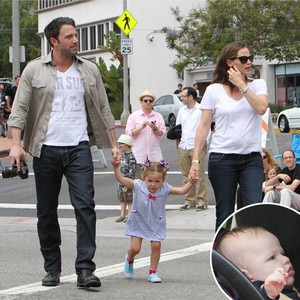


 Does this look familiar to you?
Does this look familiar to you?


